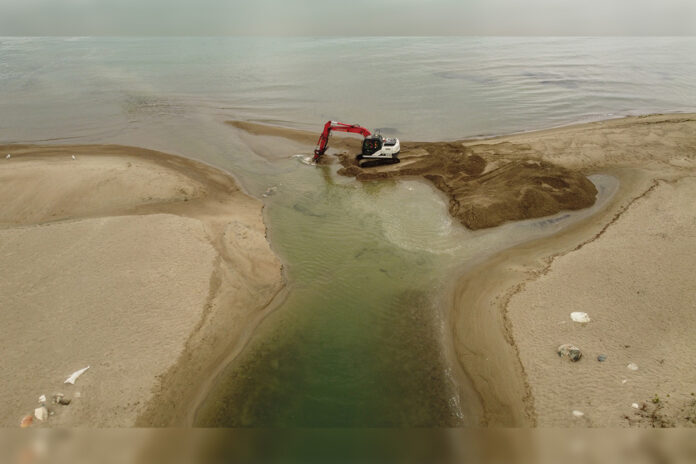Hikes range from 19 to 27 percent
ORILLIA—The OPP policing cost bills for 2024 are in and the news for Island and North Shore municipalities, indeed all of Ontario, is bad—very bad.
Gore Bay treasurer Michael Lalonde notes that a large group of over 30 treasurers from the Island and across the North Shore and beyond report seeing increases of between 15 and 30 percent. “And we haven’t even seen our insurance bill yet,” he said.
The costs are not insignificant by any measure, adding more than a couple of percentage points to most municipal levies, and by extension to property owners’ tax bills.
In the case of the Island’s largest municipality, the Town of Northeastern Manitoulin and the Islands, the impact of the policing bill will see a roughly 2.2 increase in the amount needed to provide municipal services to the town (how that impacts individual tax bills will depend somewhat on how much additional assessment has been built in the community).
The news for Manitoulin’s second largest municipality is even worse. Central Manitoulin CAO Denise Deforge notes that her municipality is facing a 24.15 percent increase, jumping from 2023’s $506,628 to $629,099. The result is a 2.5 percent increase to the municipal levy.
Gore Bay, on the other hand, is being bumped up by 28 percent on their policing bill and the tiny community of Tehkummah is facing something more like a 27 percent hike.
Assiginack is facing a 21 percent increase in their bill, jumping the levy by over two percent. Billings is looking at a 20 percent jump as is Burpee and Mills.
Off-Island, Espanola reports a 15 percent increase, still an unsustainable number given that community’s recent paper mill closure tax hit. Communities across the North Shore, in fact every community being policed by the OPP, have seen massive increases in their bills.
One of the major factors in the huge cost increase is that the recent OPP union contract settlement saw a 4.7 percent retroactive increase in salaries, while 2024 will see a 4.5 percent increase. Luckily, things should abate somewhat after that as the wage increase negotiated for 2025 and 2026 drops to 2.75 percent.
The wage increases are not the only factor hiking the policing bills, explains Mr. Lalonde. He notes that the bills are calculated on a four-year rolling average and based also, in part, on the number of occurrences taking place in a community. “Our numbers were very low in 2019,” Mr. Lalonde said. While 2021, 2022 and 2023 numbers were higher, resulting in another point or two on the tally.
Part of the overall bill for running the OPP police service is divvied up to each of the municipalities being served by the force, based on the number of households in the community. “In calculating the bill, some costs are fixed, while others are based on population, the number of households,” said Mr. Lalonde.
For municipalities facing immense cost increases in inputs such as sand and salt, vehicle purchases and their own salary increases, the cost increases represent an unsustainable challenge.
Mr. Lalonde said that municipalities across the province that are served by the OPP are working together to challenge the costs. What puzzles Mr. Lalonde is that none of the major media outlets seem to have picked up on the issue (as The Expositor has done.)





